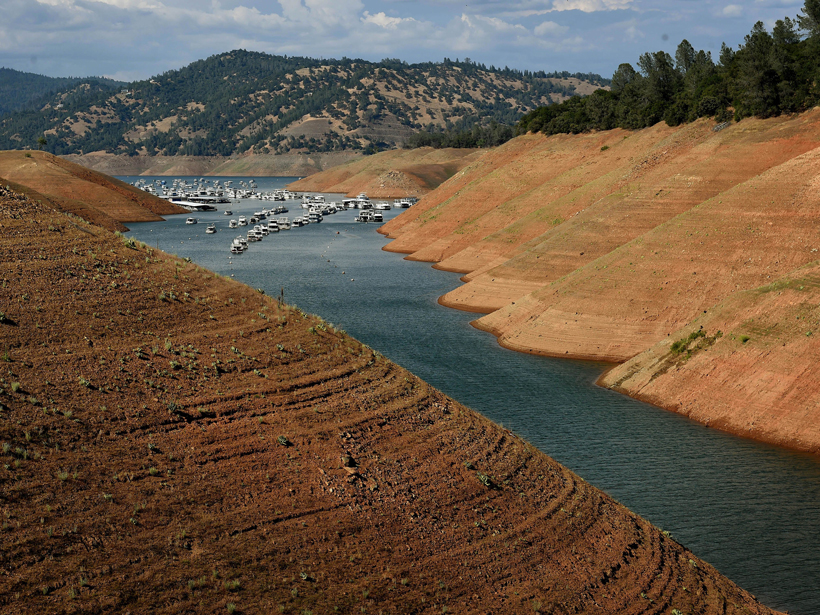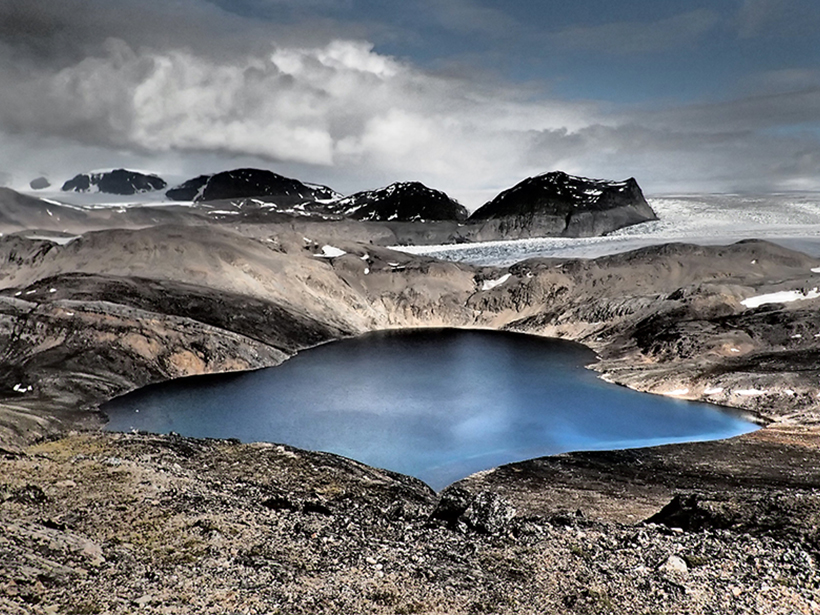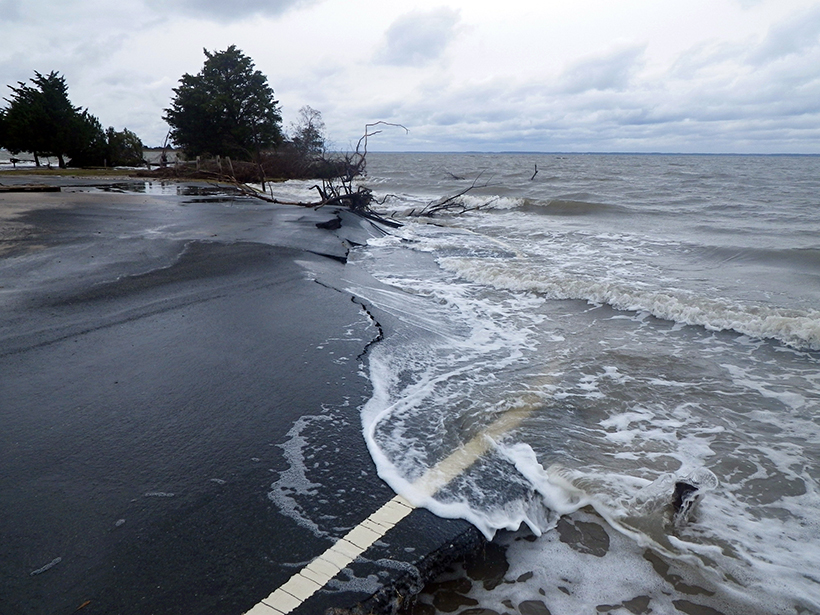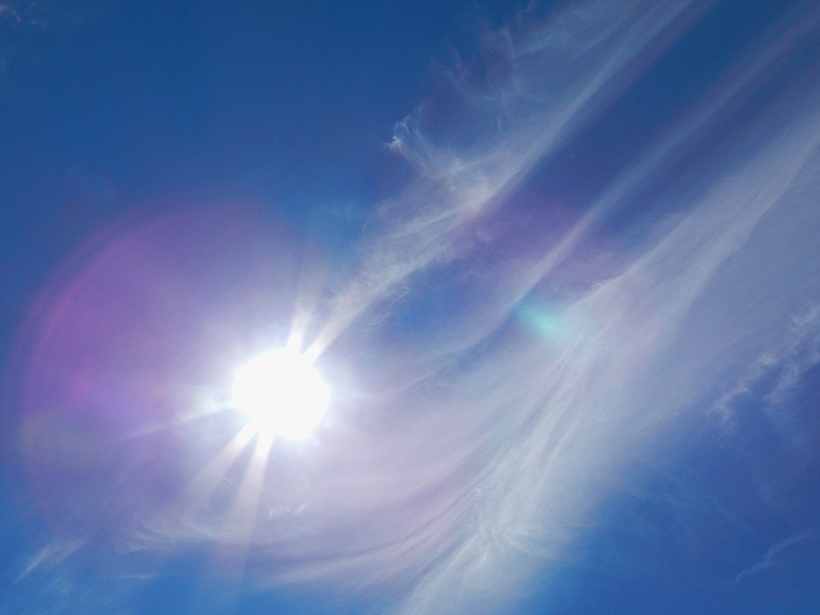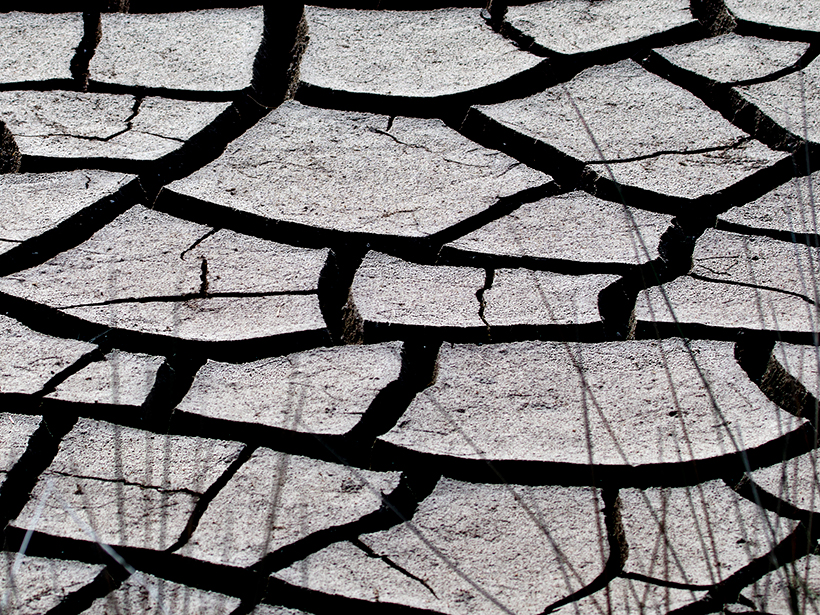A new model predicts that as ocean temperatures rise, carbon-storing sea grass may disappear and even go extinct in some ecosystems.
Climate Change
Stefan Rahmstorf Receives 2017 Climate Communication Prize
Stefan Rahmstorf was awarded the 2017 Climate Communication Prize at the American Geophysical Union Fall Meeting Honors Ceremony, held on 13 December 2017 in New Orleans, La. The Climate Communication Prize is funded by Nature’s Own, a purveyor of fossils, minerals, and handcrafted jewelry in Boulder, Colo. The prize honors an “AGU member-scientist for the communication of climate science, and highlights the importance of promoting scientific literacy, clarity of message, and efforts to foster respect and understanding of science-based values as they relate to the implications of climate change.”
How Drought Plays Out
Humans are less likely to deplete groundwater when rainfall varies between years.
Linking Instrumental and Proxy Data Climate Records
Treatment of the Climatic Signal in Time and Space: From Instrumental and Proxy Data to Modelling; Rouen, France, 18–20 April 2017
Learning from an Extreme El Niño
A recent paper in Reviews of Geophysics describes new scientific insights on the El Niño-Southern Oscillation from analysis of the 2015-2016 extreme El Niño.
Coalition Resurrects Climate Advisory Panel Dissolved by Trump
A partnership between New York State, Columbia University, and others reestablished the panel, which will study how best to deliver climate data to state governments, cities, industries, and more.
Sea Level 2017 Conference Looks to Coastal Sea Level Rise Impact
International World Climate Research Programme/Intergovernmental Oceanographic Commission (WCRP/IOC) Open Science Conference on Regional Sea Level Rise and Its Impacts; New York, New York, 10–14 July 2017
The Power of Water, Wind, and Solar (and Nothing Else)
Road map for improving climate calls for 100% clean, renewable energy by 2050.
Vetting New Models of Climate Responses to Geoengineering
The Seventh Meeting of the Geoengineering Model Intercomparison Project; Newry, Maine, 26 July 2017
Humans to Blame for Higher Drought Risk in Some Regions
New observations and analysis dispel remaining doubts that anthropogenic climate change is expanding dry areas in northern midlatitudes.


